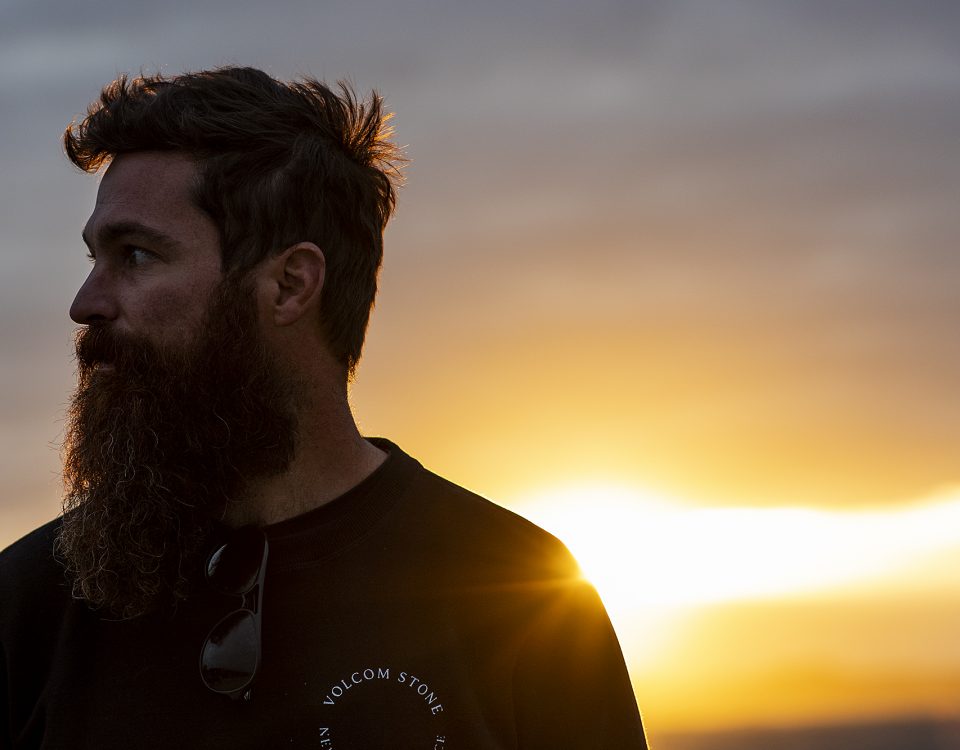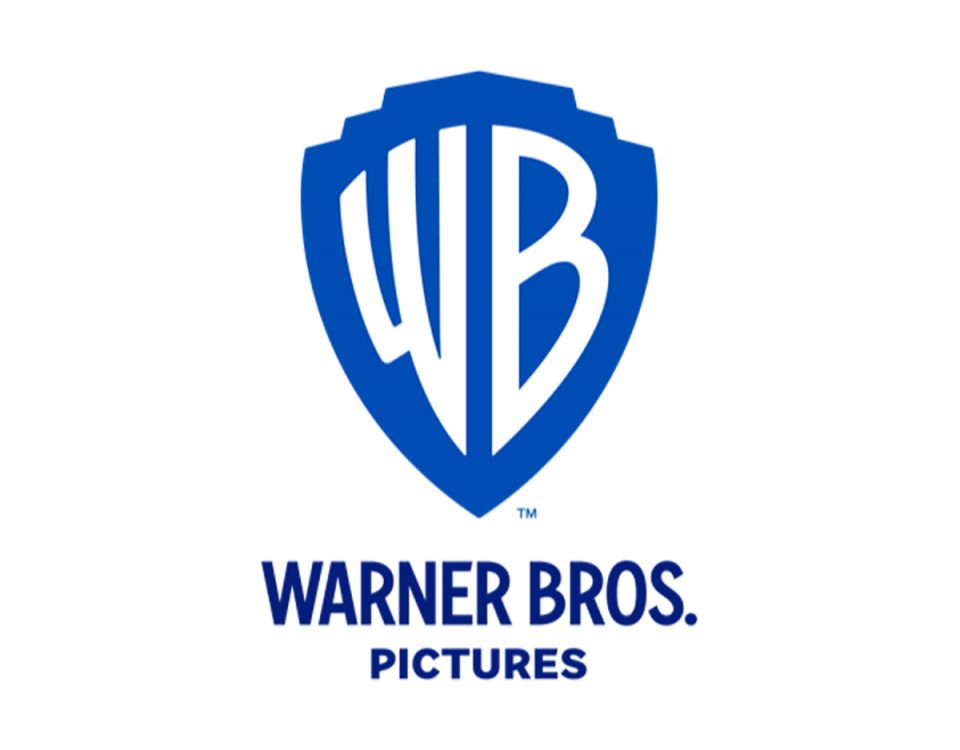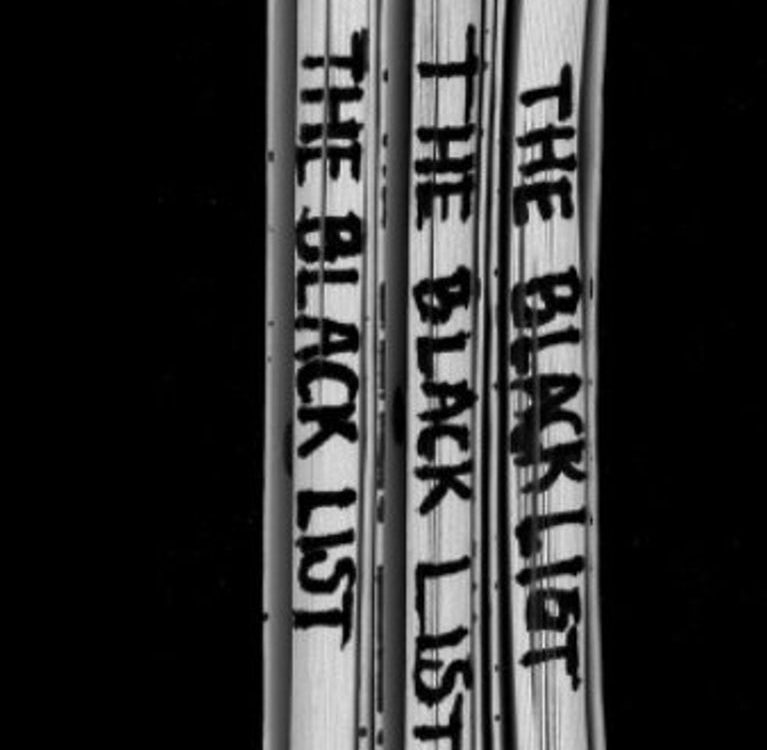
Breaking Bad’s Mark Johnson: Appreciating Australia

Simon Baker: Multitasking on Breath
April 30, 2018
Go West: Seph McKenna on his vision for Screenwest
May 18, 201808 MAY 2018
How Academy Award® and Emmy®-winning US producer Mark Johnson of Rain Man and Breaking Bad brought Tim Winton’s Breath to the big screen.
S ome two decades ago, Breath producer Mark Johnson was making the film that would win him an Academy Award® – Rain Man – when he first came across the Australian filmmaking approach.
“John Seale was the DoP (director of photography) on it and I loved the attitude,” he says.“There’s something about the directness, I think it’s of Australians in general, but the Australian crews – they respect you if you deserve respect. They don’t just respect you because you’re the director or you’re the producer. It’s all very straight forward. And you know where you stand at all times.”
Rain Man became the first of “maybe five US films using Australian cameramen,” including the first of The Chronicles of Narnia trilogy, which was shot by veteran Don McAlpine in New Zealand. Johnson would also make a number of US films in Australia, including the 1993 film Sniper, which filmed in Cairns, and the Katie Holmes feature Don’t Be Afraid of the Dark, which they filmed in Melbourne while simultaneously shooting the third Narnia movie on the Gold Coast.
But Breath marks Johnson's first purely Australian feature – something he’s thrilled about.
“I’m particularly proud as an American to be involved in what I consider really an Australian film. Tom Williams, who is executive producer, the two of us were the only non-Australians. Even the actress who plays an American, Elizabeth Debicki is Australian,” he says.
Breath is based on the Tim Winton novel of the same name and is a 1970s coming-of-age story set on the West Australian coast about two teenage boys, Pikelet and Loonie (played by Samson Coulter and Ben Spence), who befriend a mysterious local surfer (Simon Baker) and his wife (Elizabeth Debicki).
Johnson discovered Breath while making Don’t Be Afraid of the Dark with Guillermo del Toro in Melbourne, when he saw it advertised on the side of a bus, found a copy and “fell in love with it." He sought out Winton’s agent, Jenny Darling, who set up a meeting for them in Portland, Oregon, while the author was on a US tour there. Around the same time, he passed on the book to his Australian friend Simon Baker, who had starred in a television show Johnson executive produced called The Guardian.
“I thought I should probably bring in somebody to help me as a partner, so I gave it to Simon, and he and I worked on it as producers,” he said. Together they optioned the book, with Baker also helping to write the feature.
“The very first draft was written by Tim Winton himself, then Gerard Lee (Top of the Lake) wrote the draft that we went out with. Everybody was excited about [it, but] that’s when we were having trouble getting the director.”
After approaching a number of Australian directors, nothing was progressing, when Johnson realised the perfect director had been there all along – Baker. The actor had directed episodes of The Guardian and The Mentalist, but had yet to direct a feature.
“Television is so different. The speed is so fast and there’s not a lot of a latitude in what a director can do, so I was aware that he was very good, but it didn’t tell me that he would make a great feature director,” Johnson says.
Instead, it was watching him work on Breath as a producer, and seeing him talk about the film in meetings about directors or the script.
“The more I listened to him, the more he spoke about it [I could see] he knew this world whole. It clearly spoke to him. As meaningful as Breath was to me, it was even more personal to him.”
The problem was, Baker was still starring in The Mentalist.
“That hadn’t ended yet, so we had to wait a couple of years for him to get around to doing it. And I secretly, look I was happy for Simon that his show was so successful, but secretly I wanted it to come apart so we could make our movie,” Johnson jokes. “But luckily The Mentalist wrapped and Simon dove straight into Breath.”

“Everything here in the US is about making money when it comes to films… I’m not an Australian, but I’d love to come back and make another film in Australia and it be an Australian film.”
MAKING IT AUSTRALIAN
See Pictures’ Jamie Hilton came on board Breath as co-producer with Johnson and Baker about 18 months before the shoot.
“He became a real partner and I’m indebted to him in many ways,” Johnson says. “He was also very helpful in navigating Screen Australia and sort of understanding how we would qualify.”
Johnson, Baker and Hilton have all been vocal about the support of Australia’s screen agencies in making Breath possible, with assistance from Screen Australia and Screenwest, and government economic and social development agency Great Southern Development Commission.
“Screen Australia is not demanding ‘hits’. It’s demanding good movies made by Australians and Australian subjects,” Johnson says.
And there is just no equivalent in the US.
“Everything here in the US is about making money when it comes to films… I’m not an Australian, but I’d love to come back and make another film in Australia and it be an Australian film.”
Johnson also says the camaraderie of the crews here is impressive.
“Doing an Australian film where you have less time and less money and the wages are less, everybody sort of chipped in and made themselves helpful no matter what the job description was. In America everything, all the jobs are very compartmentalised and a sound mixer’s not allowed to touch a piece of grip equipment or something. In Australia if somebody can help, he or she will help.”
He says in the US and elsewhere overseas, Australian actors, technicians and directors have long been making their skill sets known.
“I keep an eye out on the new talent in Australia… There was a Golden Age when there was Peter Weir and the Bruce Beresford’s and now it seems to me that there are a number of directors who are sort of bubbling, just need to surface, and then they’re going to break out. And I want to find a way to somehow be a part of that.”
THE FEATURE LANDSCAPE RIGHT NOW
If you look at Johnson’s credits, he has a real mix between original content – such as Breaking Bad, Downsizing, What Lies Beneath and Good Morning, Vietnam – and film/TV based on existing IP – including The Notebook, The Chronicles of Narnia, Better Call Saul and of course, Breath. But he says, particularly with film, you are seeing more and more of the latter.
“I think what has happened is movies have become so expensive that people are less likely to take chances on original things. So if you have some IP that’s successful and already has some visibility, you already have a leg up. So I think you’ll see more and more books being turned into films or television series based on pre-existing movies.”
As for the evolution of the film industry since his first producing in the early 80s, Johnson is optimistic.
“A lot of my contemporaries will complain about it. They’ll say, ‘this is terrible, you can’t get movies made’… In my particular case it’s evolving,” he says. "I don’t think it’s any harder than it was. It’s just different. I’m about to make a movie in Argentina in South America, in Spanish, for Netflix. And they’re going to fully finance it. The studios never would have done that, so I’m just taking advantage of it and finding different ways to make the movies that I’m trying to make.”



